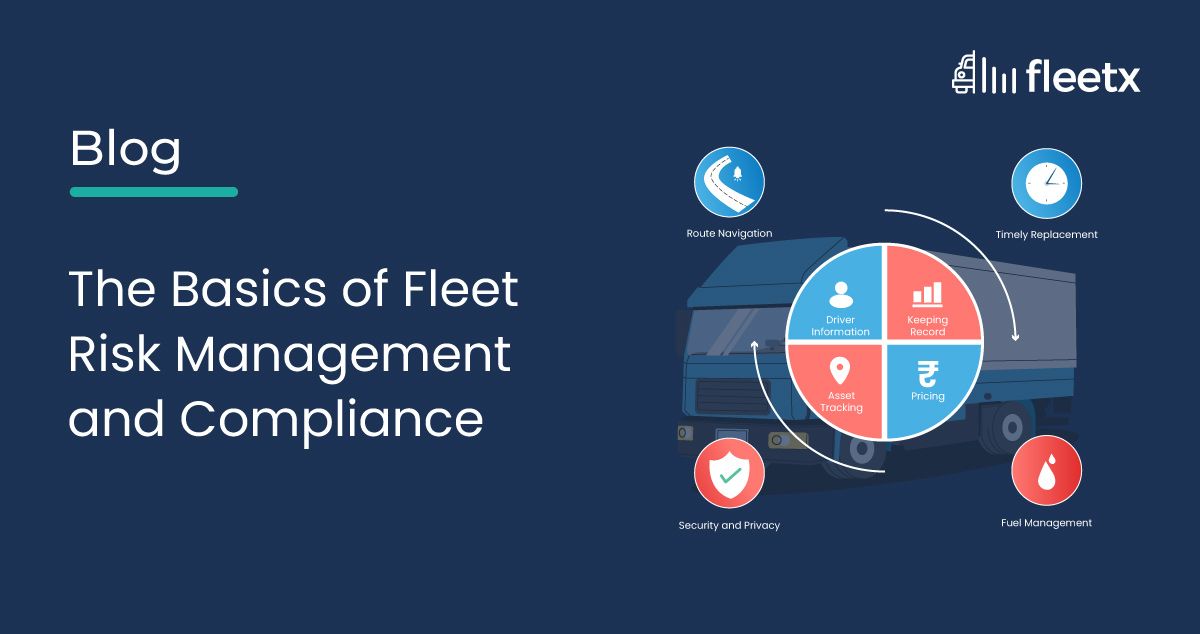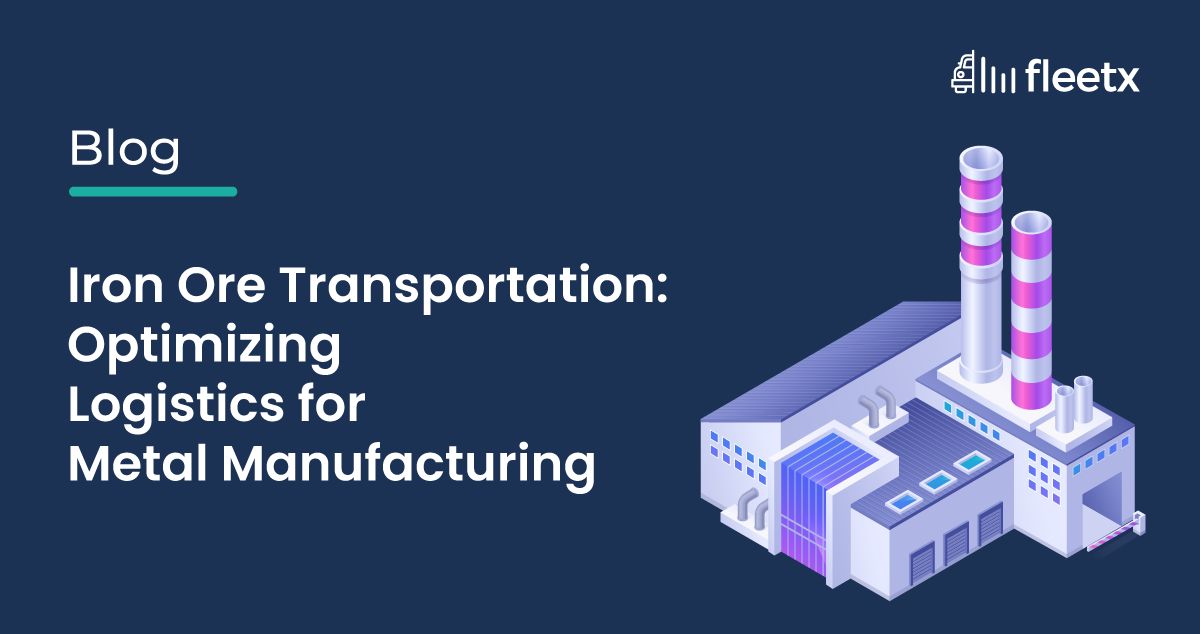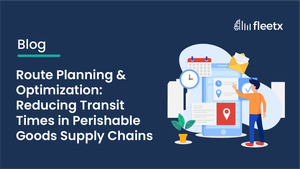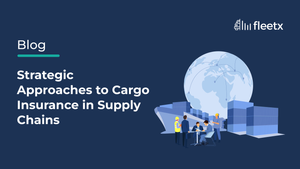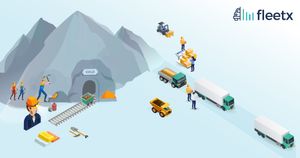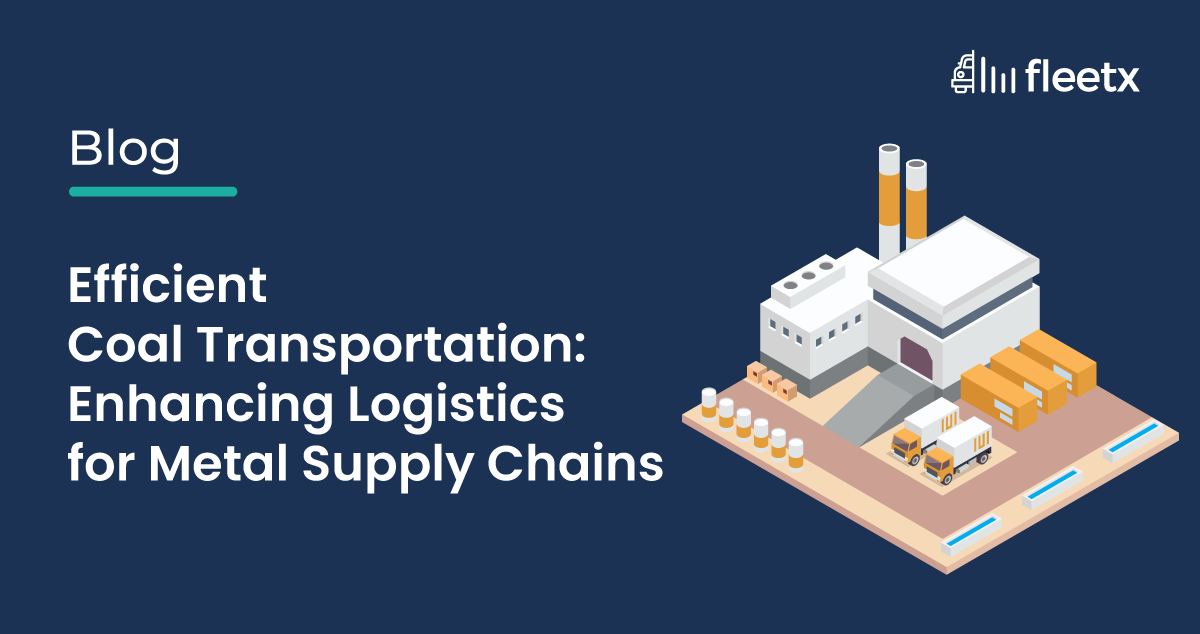
India's coal transportation framework relies on a combination of railways, roadways, and waterways. Railways stand out as the principal channel, facilitating the bulk movement of coal from mining sites to power stations and industrial consumers. Road transport extends coverage to areas beyond the railway network's reach, while maritime routes offer an alternative means to alleviate the pressure on land-based systems.
Managed predominantly by Coal India Limited (CIL), This sector is essential for powering the nation's growth. Despite concerted efforts to boost production, the domestic output is occasionally supplemented by imports to satisfy the demands of the energy sector.
Coal's Integral Role in the Metal Supply Chain
Coal is essential in metal production, particularly in the steel manufacturing process, where it is utilized both as an energy source and a reducing agent. The dependency of the metal supply chain on coal underscores the critical nature of maintaining a steady and efficient supply, directly impacting production costs and operational sustainability.
Environmental Impact
The environmental consequences of coal utilization, especially in heavy industries are significant. The quest for balancing industrial advancement with environmental stewardship necessitates a gradual shift towards cleaner alternatives, though coal's dominance is expected to persist in the near term due to technological and economic considerations.
Addressing Logistics and Theft through Digitization
The coal logistics sector faces numerous challenges, from infrastructural bottlenecks to coal theft, which undermines financial stability and operational efficiency. Digitization offers a promising avenue to mitigate these issues, enhancing transparency, security, and efficiency across the supply chain.
Leveraging Technology for Improved Logistics
Advanced tracking and management systems, powered by GPS and data analytics, can optimize route planning and monitor coal shipments in real-time, reducing delays and minimizing transportation costs. Digital platforms facilitate streamlined operations, from scheduling to delivery, ensuring better utilization of resources.
Combating Coal Theft
Digitization also plays a crucial role in combating coal theft, a persistent issue that impacts revenue and supply chain integrity. Implementing surveillance technologies, sensor-based monitoring, and digital checkpoints can significantly deter theft, ensuring that coal reaches its intended destination securely.
Digital Solutions for Enhanced Efficiency
The adoption of digital solutions, including fleet and transport management systems, offers comprehensive benefits. These technologies enable more effective coordination, improve load management, and foster transparency, contributing to a more resilient and cost-effective coal supply chain.
Getting Coal Delivery from Ports, Mines, and Refineries
The delivery of coal from ports, mines, and refineries to end-users is a complex process that involves multiple stages and stakeholders. The efficiency and reliability of these delivery processes are crucial for maintaining the energy supply and supporting various industries dependent on coal. Here's an overview of how coal is delivered from each source:
From Ports: Coal imported from other countries arrives at ports. From there, it must be unloaded, stored temporarily if necessary, and then transported to its final destination. This process involves coordination between shipping companies, port authorities, and logistics providers to ensure timely offloading and transportation.
From Mines: Coal extracted from mines undergoes initial processing and then is transported to users or further processing facilities. The transportation from mines is primarily done through rail or road, depending on the distance and accessibility of the mine location. Mines located in remote areas often face challenges in transportation due to poor infrastructure.
From Refineries: Some coal undergoes refinement to remove impurities and improve its quality for specific uses. This refined coal then needs to be transported to power plants, industrial facilities, or other users. The transportation from refineries is similar to that from mines, with rail and road being the primary modes.
Digital Solutions to Enhance Coal Delivery Processes
The integration of digital technologies can significantly improve the efficiency, transparency, and security of coal delivery processes. Here are several digital solutions that can be applied:
Real-time Tracking and Monitoring: Implementing GPS tracking and IoT (Internet of Things) sensors on transportation vehicles allows for real-time monitoring of coal shipments. This technology can provide accurate delivery times, reduce theft, and enable quick responses to delays or issues on the route.
Automated Scheduling and Dispatch: Digital platforms can optimize transportation scheduling and dispatch processes, ensuring that coal is moved efficiently from ports, mines, and refineries to its destination. These systems can analyze data to suggest the best transportation modes, routes, and schedules, reducing fuel consumption and delivery times.
Predictive Maintenance: Digital tools can analyze data from transportation vehicles and equipment to predict when maintenance is needed. This prevents unexpected breakdowns and delays in coal delivery by ensuring that all vehicles and machinery are in optimal condition.
Digital Documentation and Compliance: Implementing digital platforms for managing documentation and compliance can streamline operations and reduce delays. Electronic bills of lading, invoices, and compliance documents can be shared instantly between parties, reducing paperwork and speeding up the clearance and payment processes.
To Conclude,
The efficiency of India's coal supply chain is critical for the metal industry, where coal serves as a fundamental raw material, especially for steel production. The sector is currently facing logistical challenges that include transportation inefficiencies and the risk of theft, which in turn impact the availability and cost-effectiveness of coal deliveries. Addressing these issues is essential to maintaining the steady flow of coal necessary for metal production.
Digitization stands out as a practical solution to these challenges, offering ways to streamline coal logistics from mines and ports to refineries and factories. Implementing technologies such as real-time tracking and monitoring, automated scheduling, and digital documentation can significantly enhance the transparency and efficiency of coal deliveries. These digital tools are pivotal in optimizing routes, reducing transit times, and improving the overall management of the supply chain.


